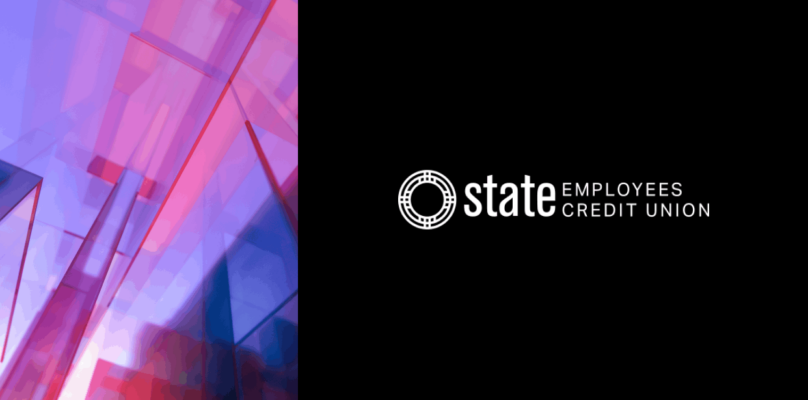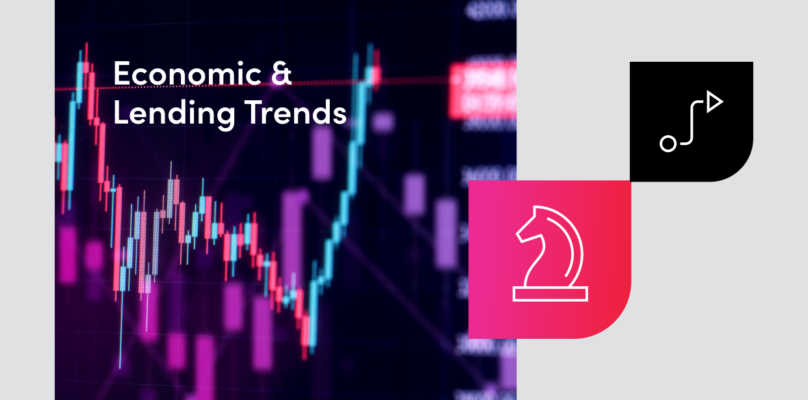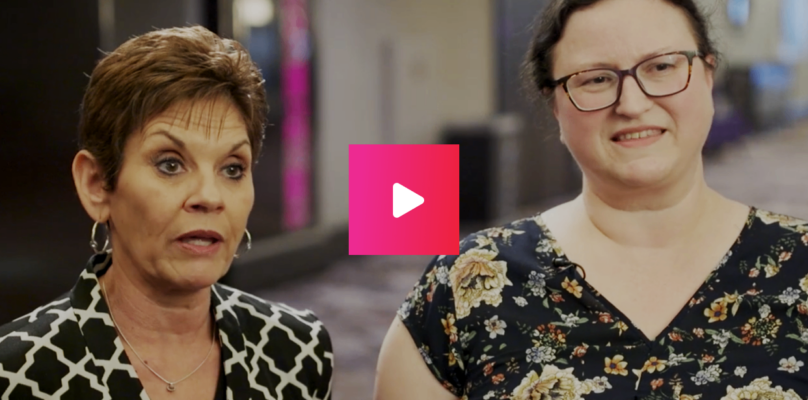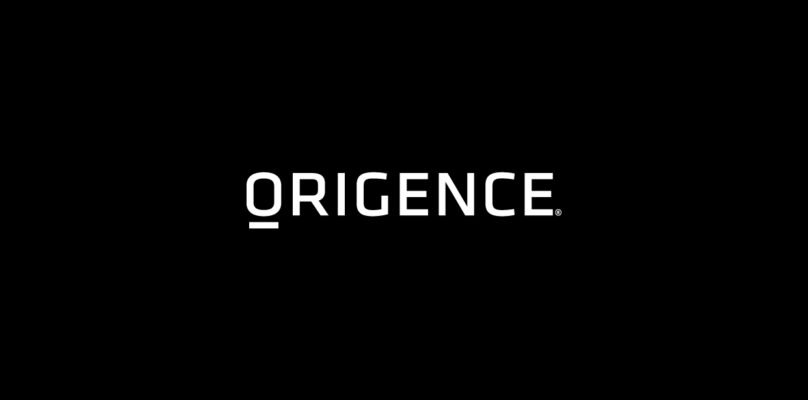News and Media
Latest from Origence
Press Releases
In the News
Media Resources
Media Inquiries
Alison Barksdale
Trending Insights
-
 State ECU Partnered with Origence and Strengthened its Indirect Lending ProgramRead more
State ECU Partnered with Origence and Strengthened its Indirect Lending ProgramRead more -

-

Let's stay connected!
Follow us on social media to stay up-to-date on the latest and greatest from Origence.




